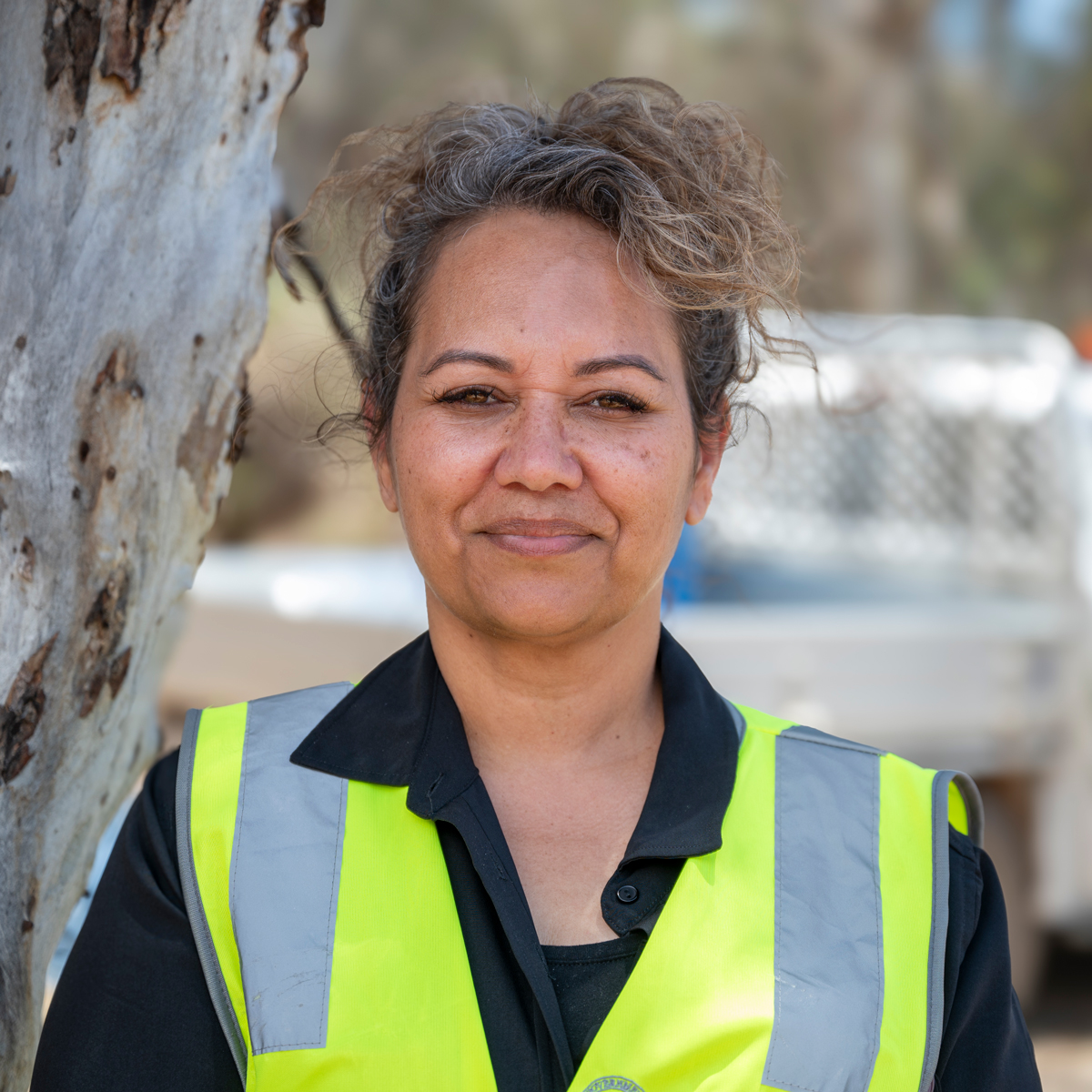Noongar Boodja rangers in the Wheatbelt

- Working with Wheatbelt Natural Resources Management
- Local Noongar Boodja youth rangers helping improve revegetation
- Creation of more than 650 ranger jobs since 2017
- Further $83 million allocated to support the program
Aboriginal rangers are working to manage rehabilitation activities in the Wheatbelt Region. A 2023 initiative has enabled the Wheatbelt Natural Resource Management Group (NRM) to employ a team of local Noongar Boodja youth rangers for revegetating sites in the area. The Ranger program was established in 2014 to employ Noongar youth on a casual basis to Care for Country, build natural resource management skills and to gain work experience. The scheme is part of a broader program employing unskilled young people and boosting skills, confidence and a sense of self-worth. Rangers learn conservation skills and values while being mentored in a culturally friendly environment alongside knowledgeable Elders and community leaders.
Colleen Fulford, Main Roads’ Vegetation Manager in the region, said the team’s dedication and enthusiasm was exemplary – helping regain management of revegetation sites and to make them visually appealing. This sentiment was backed up by Aboriginal Stakeholder Engagement Advisor Sammy Wyborn who said, “the positive impacts extended well beyond Main Roads contracts and into other areas of young people’s lives.”
The Aboriginal Ranger Program has created more than 650 ranger jobs on Country since 2017. It has also supported management of nearly 500 significant cultural sites, 2,000 kilometres of tracks and weed management across 2,000 hectares of land. The program has been so successful that following an initial $20 million investment, a further $83 million has been allocated to support development, expansion and innovation of Aboriginal ranger groups across Western Australia, with a focus on remote and regional locations.
We continue to focus on increasing the proportion of Aboriginal businesses we work with and procure goods and services from. We are also looking to expand the revegetation ranger program given the sustainability it has provided in this important area.

